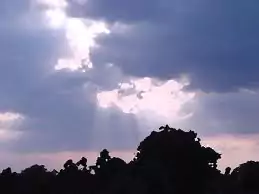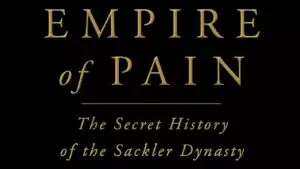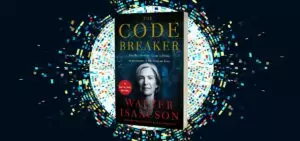 The novel A Hole in Heaven, written by Liam Klacsanszky, is a book of historical fiction that takes place in northern India around 700 B.C. It follows the story of Ishan, a young man whose father is killed by a tyrannical king’s soldier on the grounds of being uncivil. King Pradyota, the villain of the story, is portrayed in the likeness of Genghis Khan in his thirst for blood and domination.
The novel A Hole in Heaven, written by Liam Klacsanszky, is a book of historical fiction that takes place in northern India around 700 B.C. It follows the story of Ishan, a young man whose father is killed by a tyrannical king’s soldier on the grounds of being uncivil. King Pradyota, the villain of the story, is portrayed in the likeness of Genghis Khan in his thirst for blood and domination.

✅ AI Essay Writer ✅ AI Detector ✅ Plagchecker ✅ Paraphraser
✅ Summarizer ✅ Citation Generator
After Ishan’s father is slain, Ishan is motivated to train as a warrior to eventually enact revenge. Through his training, his talent as a fighter is apparent, but eventually he learns there is more to combat than simply being physically strong and knowing strategy: there is also the spiritual side of it that one needs to consider.
After learning more about the spiritual aspects of fighting, Ishan decides to abandon being a warrior, and vies for becoming a sage to counteract the violence of Pradyota’s reign. He decides to venture directly into the palace of Pradyota unarmed, only carrying a letter from a known religious leader in order to be accepted at the gate of the palace.
He enters the palace and is allowed to speak to the court wherein Pradyota lies. Ishan speaks diplomatically and tries to endear himself as a seer among the court, but he is retaliated against. He is put into a prison for over two months. But after the pleading of the king’s wife, Pradyota allows Ishan to have another chance to become a servant of the court that would administer spiritual guidance out of frustration with his wife’s demands.
After Pradyota has gone into contemplation during the months Ishan was in prison, and during the main character’s second bid for servitude, he decides to allow him to become a spiritual guide. This act, though, does not render a peaceful ending. Pradyota’s son, known for his taste for carnage, does not accept his father’s allowance given to Ishan. He duels with his father for the crown in order to establish the old rule of violence, and in a conflict of power, as the sons of kings would take a crown by force back then in India.
Klacsanszky’s style of writing is direct, yet the details he includes is usually right on point. The first half of the book is not as fluid as the second half, though, where one wants to read quickly to know what happens next. In this sense, I could say the first half of the book could use some trimming or more stylized writing to persuade the reader to read with more interest.
The plot was rather straightforward, and the topic of revenge has been a prevalent theme among war-type fiction (Kazankis 10). The difference this novel exhibits is the transformation of the main character from acting out in rage to a pacified saint with the intent of establishing peace even at the cost of death. In this way, the novel points to the realities of war and peace, and which is more suitable to tackle violence.
The character development in A Hole in Heaven is created with care in terms of the main character, but I feel that Ishan’s mother could have more of a spotlight, as well as Ishan’s best friend that trained along with him. I understand Klacsanszky wanted to center the story on Ishan, and considering that it is his first novel, I think he balanced the character development reasonably well.
My other qualm with this novel was that the dialog at times seemed off from India’s history. Apparently, Klacsanszky imitated Indian drama series dialog that dealt with historical stories to imagine the speech, but it seems at times forced (Kazankis 9).
A Hole in Heaven is a novel that delivers action, romance, philosophy, and humor. Klacsanszky has written ambitiously for his first published novel, but that has played in his favor. With some aspects of the novel that could be improved, such as character development, pace, and a bit more originality in plot, it is not exactly an instant classic–but it might become a cult classic. If readers are intrigued about the history of India, novels based on warriors, and are looking for enlightenment, this book could become one of their favorites on their shelves.
References
Klacsanszky, Liam. A Hole in Heaven. Seattle: Rain City Press, 2013. Print.
Kazankis, Sherry. A Review of Dialog in Fiction: 2013. New York: Opus Book, 2014. Print.
Follow us on Reddit for more insights and updates.





Comments (0)
Welcome to A*Help comments!
We’re all about debate and discussion at A*Help.
We value the diverse opinions of users, so you may find points of view that you don’t agree with. And that’s cool. However, there are certain things we’re not OK with: attempts to manipulate our data in any way, for example, or the posting of discriminative, offensive, hateful, or disparaging material.
Comments are closed.